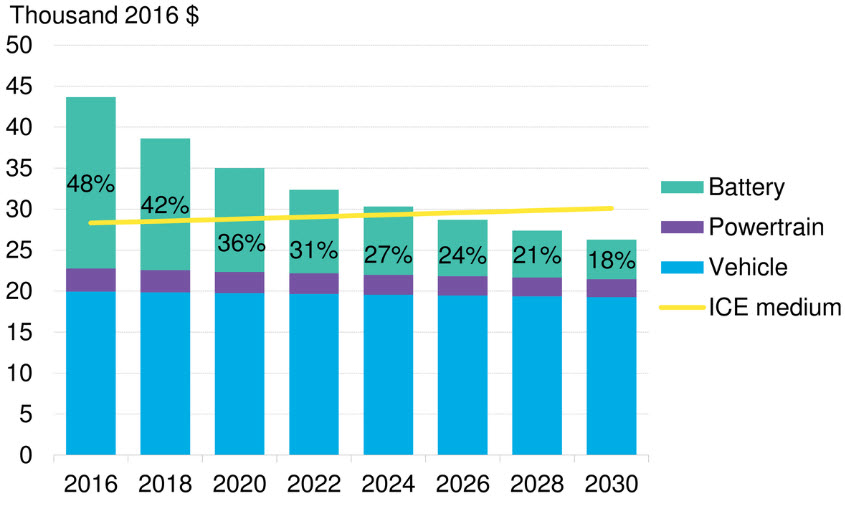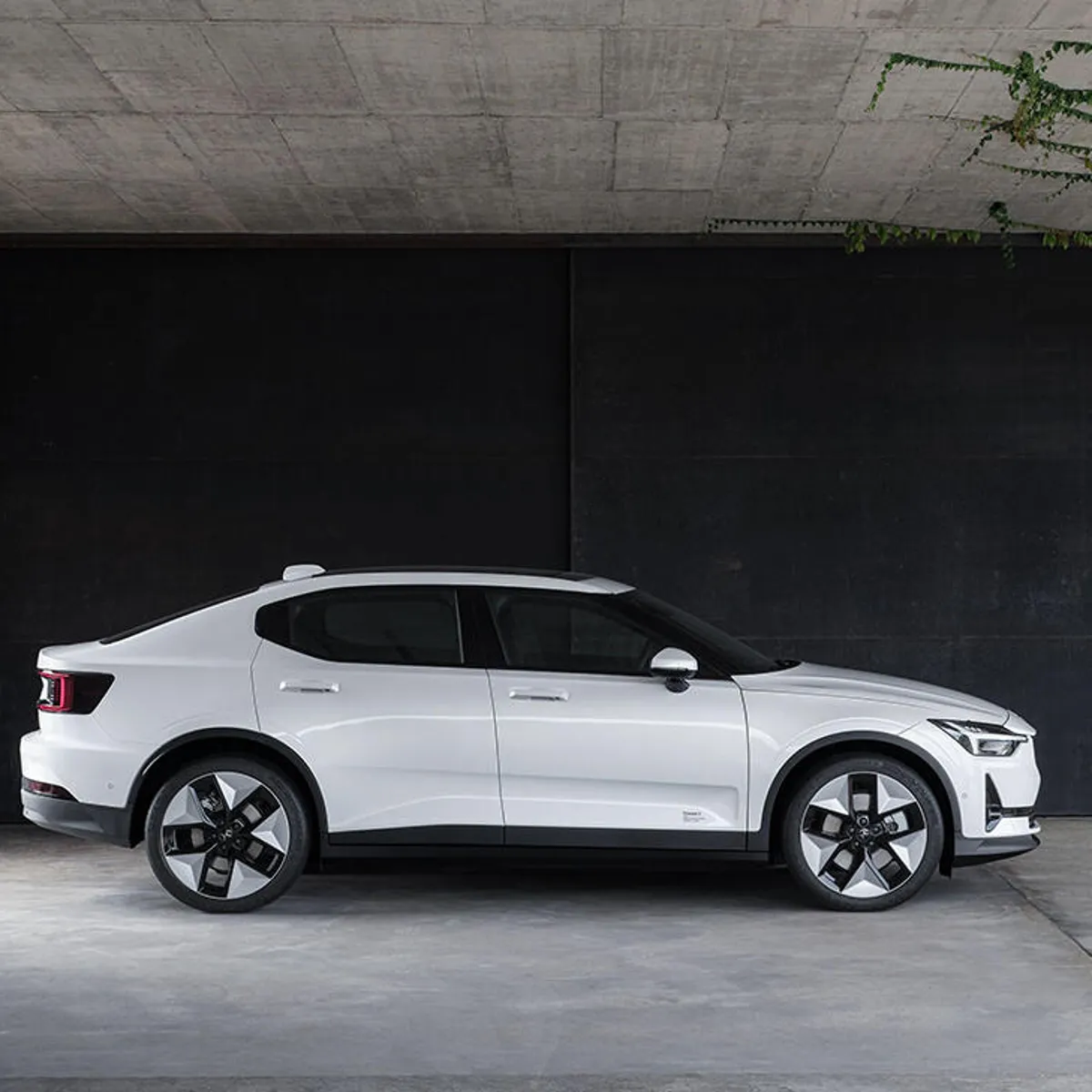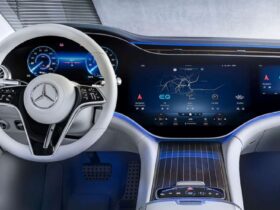Electric car affordability is becoming increasingly prominent as a decisive factor in the automotive market, driven by a combination of lower operational costs, governmental incentives, and technological advancements. One of the most significant advantages of electric vehicles (EVs) lies in their reduced operational expenses compared to traditional internal combustion engine vehicles. The primary contributor to this cost savings is the lower cost of electricity versus gasoline or diesel fuel. On average, the cost per mile for electricity is considerably less than that of fossil fuels, resulting in immediate savings for EV owners.

Moreover, electric cars typically require less maintenance than their conventional counterparts. This is primarily due to the simplicity of electric drivetrains, which have fewer moving parts and do not require oil changes. Traditional vehicles, on the other hand, have complex internal combustion engines that necessitate regular maintenance such as oil and filter changes, which can add up over time. The reduced maintenance needs of electric cars translate to lower long-term ownership costs, further enhancing their affordability.
Government incentives play a crucial role in making electric cars more affordable and accessible to consumers. Many countries and regions offer financial incentives such as tax credits, rebates on vehicle purchases, reduced registration fees, and access to carpool lanes for electric vehicle owners. These incentives aim to promote the adoption of clean energy vehicles as part of broader environmental and energy policy goals. By taking advantage of these incentives, consumers can significantly reduce the upfront costs associated with purchasing an electric car, making them a more financially attractive option.
Technological advancements in battery technology have also contributed to improving the affordability of electric vehicles. The cost of battery packs, which is one of the most expensive components of an electric car, has been steadily decreasing over the years. Advances in battery chemistry, manufacturing processes, and economies of scale achieved through increased production have driven down costs and improved energy density and longevity. As a result, electric vehicles now offer greater range per charge at more competitive prices, enhancing their overall affordability.
When considering the total cost of ownership, electric cars often prove to be a cost-effective choice despite potentially higher upfront purchase prices compared to gasoline-powered vehicles. Studies have shown that the total cost of ownership, which includes factors such as purchase price, fuel or energy costs, maintenance expenses, and depreciation, can be lower for electric cars over the vehicle’s lifetime. This affordability factor becomes even more compelling as consumers increasingly prioritize long-term financial savings and environmental sustainability in their vehicle purchasing decisions.
Furthermore, the expanding infrastructure for electric vehicle charging is essential in enhancing the practicality and affordability of owning an electric car. Investments in public and private charging networks have led to increased accessibility and convenience for EV owners, reducing concerns about range anxiety and facilitating longer trips. The growth of fast-charging stations further supports the feasibility of electric cars for daily commuting and extended travel, making them a viable option for a broader range of consumers.


















1 Comment